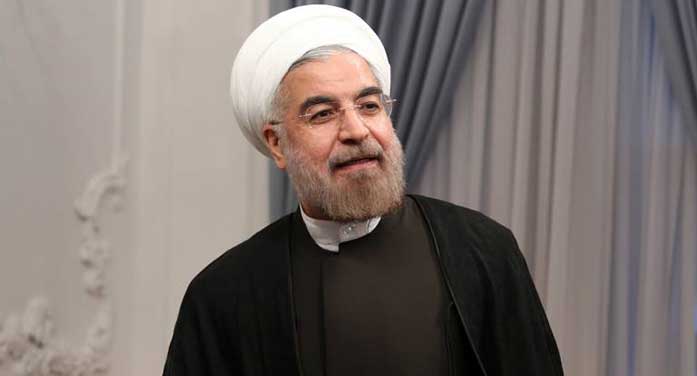 Crude oil markets face an interesting mix of influences. While the COVID-19 Delta variant continues to affect the markets, conflicting signals seem to push oil prices in the opposite direction.
Crude oil markets face an interesting mix of influences. While the COVID-19 Delta variant continues to affect the markets, conflicting signals seem to push oil prices in the opposite direction.
Reports confirm that American oil consumption is rushing back much faster from the pandemic slump than initially predicted. The summer driving season is upon us and Americans are hitting the road in much larger numbers than a year ago, unleashing a burst of pent-up travel demand.
Consumption is so strong that the U.S. Energy Information Administration on Friday pegged May’s demand for U.S. oil products at 20.094 million barrels a day, or almost seven per cent higher than its original estimate.
Only a day earlier, U.S. crude oil inventories were reported by the EIA to have fallen seven per cent below the five-year average. The news pushed Brent crude futures prices above the $75-a-barrel mark, EIA data confirmed.
Market fundamentals are under focus. Both the Organization of Petroleum Exporting Countries (OPEC) and the International Energy Agency now expect crude demand to hit pre-pandemic levels in 2022. This is a sharp improvement from previous forecasts.
Oil producers are keeping an eye on the changing horizon and are acting accordingly.
OPEC oil output rose in July to its highest since April 2020, a Reuters survey reported. The organization pumped 26.72 million barrels per day (bpd), up 610,000 bpd from June’s revised estimate. OPEC output has risen every month since June 2020, apart from February, Reuters added.
Unwinding its voluntary output cut in July, the Saudi output increased the most among the OPEC members – 460,000 bpd.
Yet in all these combinations and permutations, one market wild card – the possibility of a sanctions waiver on Iran – seemed to have receded into the background, at least for now. The delay in the return of oil shipments from Iran has helped prop up the markets.
There are reasons for this delay. This week, Ebrahim Raisi, the conservative former head of the country’s judiciary, is poised to take over the Iranian presidency.
When negotiations on a new nuclear pact between Iran and the U.S. began earlier this year, once U.S. President Joe Biden took office, many expected that he would restore the Joint Comprehensive Plan of Action (JCPOA), signed during the Barack Obama era but later torpedoed by the administration of Donald Trump.
The hope was that the deal could be done while the moderate President Hassan Rouhani was still in office. That didn’t happen. Six rounds of negotiations between the two parties were completed in Vienna. The seventh-round has been pending for some time. Negotiations were reportedly moving swiftly initially, but stalled when Iran insisted on guarantees to ensure the deal, once done, wouldn’t be abrogated later, as the Trump administration did.
“They once violated the nuclear deal at no cost by exiting it,” Iranian Supreme Commander Ayatollah Khamenei said. “Now they explicitly say that they cannot give guarantees that it would not happen again.”
The U.S. administration is reportedly of the view that they can’t give iron-clad guarantees on the issue. According to a New York Times report, the Iranians have also found some sympathy among America’s European allies, especially those who fear that if Biden doesn’t run for a second term or a Trump-like figure gets elected, the accord could be blown up again.
“If it happened once, it could happen again,” said one senior European diplomat involved in the negotiations.
So pessimism seems to be creeping into the revival of the nuclear deal.
But all hope is not lost. And an Iranian return to the global oil markets would have a considerable impact.
However, the delay in lifting U.S. sanctions on Iran’s crude exports seems to have been completely eclipsed by the ongoing balancing act by OPEC and its allies.
This should be a matter of concern to the crude oil markets.
Toronto-based Rashid Husain Syed is a respected energy and political analyst. The Middle East is his area of focus. As well as writing for major local and global newspapers, Rashid is also a regular speaker at major international conferences. He has been asked to provide his perspective on global energy issues by both the Department of Energy in Washington and the International Energy Agency in Paris. For interview requests, click here.
The views, opinions and positions expressed by columnists and contributors are the authors’ alone. They do not inherently or expressly reflect the views, opinions and/or positions of our publication.
© Troy Media
Troy Media is an editorial content provider to media outlets and its own hosted community news outlets across Canada.


